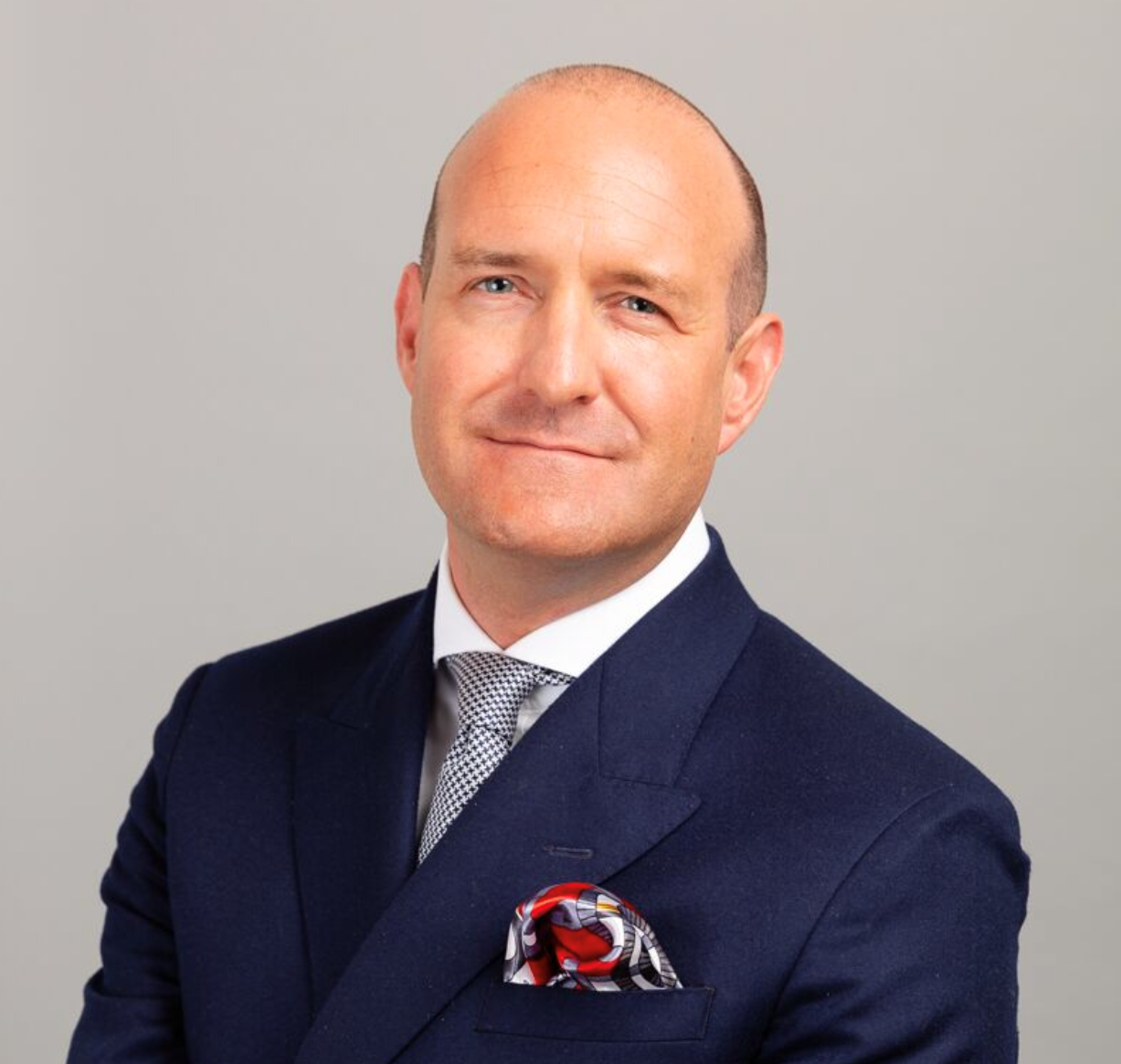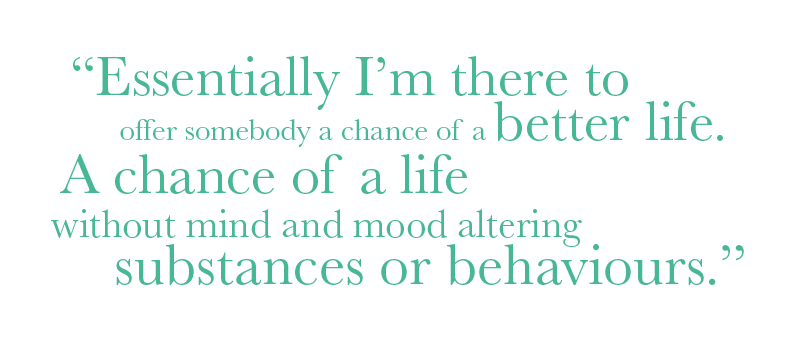
Behavioural health advisor Jonathan Edgeley helps people beat their addictions and guides their families through the turmoil of dysfunctional relationships. Previously he spoke to Merrick Life about how he uses his personal experience of addiction to help others.
In the second part of this interview, Jonathan explains that when a family is on its way to rock bottom, an intervention may be the only solution.
“An intervention is where a family have got a situation where they are convinced their loved one’s repeating patterns of problematic behaviour are having a very negative impact on their lives and the family’s. It is becoming very disruptive – but the loved one doesn’t accept they have a problem.
“An intervention is a very loving thing to do for somebody. You will probably have heard that everyone needs to reach rock bottom before they are able to get help. An intervention, essentially, moves the bottom up to where they are.
“We create what we call a ‘recovery team’ within the family. They could be the partner, children and a couple of close friends, brothers, sisters, mums and dads, those people who have got a vested interest in helping this person get well.
“Generally, we get them all around the table, no less than three really, but up to seven or eight people.
“We then allay any of their fears and resentments by taking them through an educational process on the disease concept. What we are looking to achieve is understand that this person is suffering with an illness, rather than it being a choice.
“We need to understand how they feel about this person, whether there is anger, whether there is rejection. What we are doing is, we are looking at a team, and we are looking for a captain. Somebody whose spirit is strong, doesn’t hold any kind of real anger or resentment towards the individual and is going to be able to lead that family recovery team.
![]()
Love and hope
“Essentially, we are creating a compassionate family team that are willing to meet their family member with love and hope.
“We have to explain that their loved one didn’t make a conscious decision one morning to be an addict, and to wreck their life, their career and family. It’s not a moral deficiency or a choice in that respect. They are suffering with a degenerative illness which, if it isn’t arrested, will only get progressively worse.
“By following a proven model we guide each family member to write a letter, that states they love them, they are there to help, however they are becoming increasingly concerned about their drinking or substance misuse and are willing them to get the help they so desperately need .
“The letters are written without blame or shame and are created to connect on a feelings level with empathy and love ensuring the person receiving them is left in the knowledge that help is on offer.
“The planning stage can be extremely powerful and at times bring up strong emotions. However, it’s essential on the day of the intervention the family stay calm and have practised their letters; remain focussed and are not drawn off track.
“Once they’ve written those letters, we share them with one another in the group.
![]()
The bottom line
“Then we move them to something called ‘Bottom Line’. This is something each family member is prepared to do should their loved one not accept the help. For example, ‘if you don’t accept the help offered today, then I will have no alternative but to move out of the family home and take the children’.
“That might be one. Another one might be, if it is a child, ‘if you don’t take the help that is on offer, then I’ll be taking your car from you’.
“So, it is something that is quite significant, but it has to be something they are prepared to do. This is really, really important and is an essential part of the intervention process. The family must stick to their bottom lines otherwise it could scupper any chance of them accessing treatment in the future.
“We invite the loved one to a family meeting, on a certain date, at a certain place. This is generally a mutual venue or in their family home.

The family must stick to their bottom lines
“The family are there, we have the process. We know who is saying what and when. They will bring their letters; they sit down. It is a very, very powerful and moving experience.
“I facilitate that process because generally, we can expect a degree of kickback from the loved one.
“When everyone says what they need to say, the loved one will either agree to accepting the help or not.
“If they say ‘yes’, great. The family hug their loved and explain they have been working on finding them a treatment facility that meets their love for horses, the outdoors or specialises in music therapy and other things that connect with the heart of the family member. ‘We’ve got a car outside, your bag is packed, and we are good to go’. And that’s essentially how it works.
‘I’m not going’
“Now, if that person says ‘no, I’m not going’. We hand it back to a family member to deliver their bottom lines.
“90% of the time people will accept it then and they will go.
“In situations where they don’t, then we just have to leave it. Everybody implements their bottom lines and sticks to them. This is when the family need to pull together and support one another to stick to their bottom lines. Generally, what happens is the situation comes back around again. They get to a point where the individual goes “I can’t handle this anymore. I’ll go.”
“This might be a week or a month later. But generally, the situation is turned around, and they do accept the help at some point and go down the process.
Emotionally charged addiction intervention
“This is often an emotionally charged situation. What I’m there to do is advise the family and ensure they are looked after emotionally and therapeutically.
“I can create options in terms of the treatment facility, so that it meets their needs and their budget.
“I’m there from that initial consultation, through to intervention planning, through to intervention, through to transportation to the treatment, through to case managing the situation for their loved one while they are in treatment, feeding back to the family.
“Then on discharge creating an appropriate aftercare programme, so they reintegrate appropriately with the family and within the community and back into work.
“Essentially I’m there to offer somebody a chance of a better life. A chance of a life without mind and mood altering substances or behaviours.”
![]()
















